
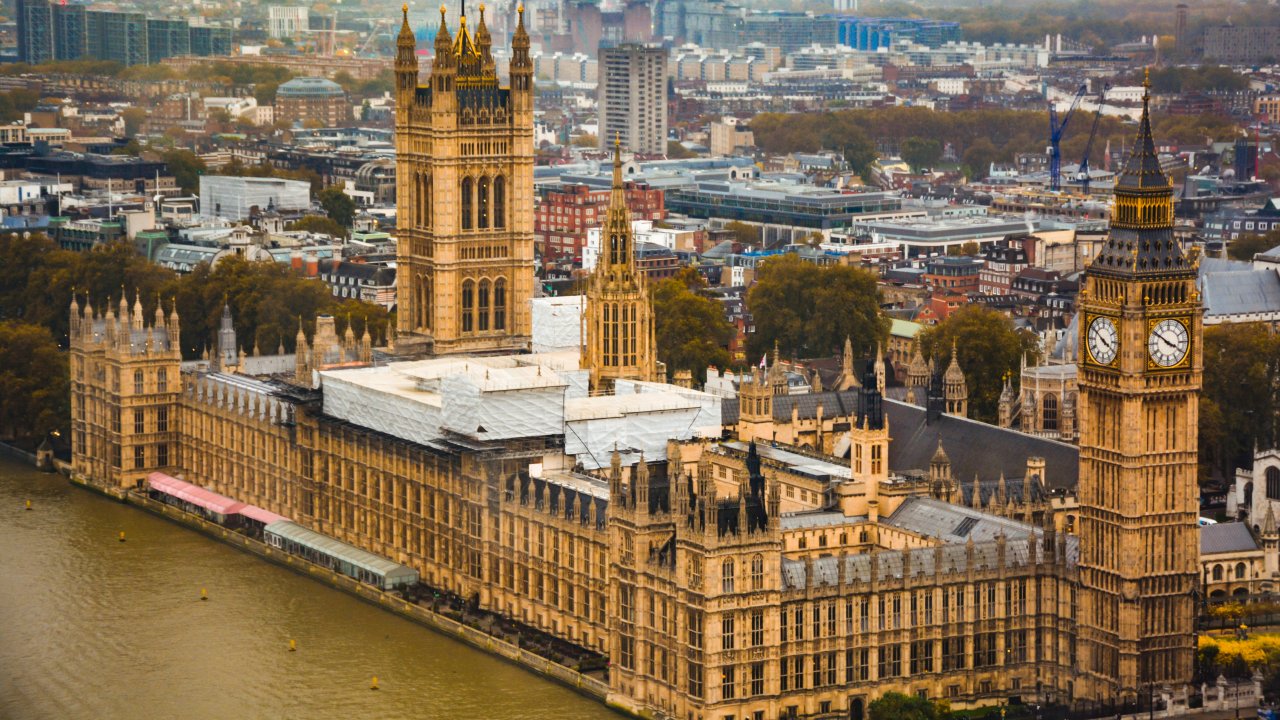 |
The UK government has announced plans to invest £448m in research and development for clean maritime technologies through its UK Shipping Office for Reducing Emissions (UK SHORE) programme between 2026 and 2030.
The Department for Transport said the funding would build on the programme's existing work, which has allocated £240m since 2022 to develop clean maritime technologies across more than 200 projects, leveraging over £110m in direct private investment.
The funding forms part of the government's maritime decarbonisation strategy, published in March, which set out a pathway for the domestic maritime sector to reach zero greenhouse gas emissions by 2050.
UK SHORE has supported over 500 organisations, including more than 250 small and medium enterprises, across all UK nations and regions. The programme has funded development of electric and efficiency solutions for ferries, cargo vessels, and offshore wind vessels, as well as zero and near-zero greenhouse gas emission solutions using hydrogen, ammonia, and methanol.
The second phase of UK SHORE will work with Innovate UK as a delivery partner and focus on four main areas. These include accelerating commercialisation of developed technologies through a second round of the Zero Emission Vessels and Infrastructure competition (ZEVI2) to be launched in 2026, which will fund the build and commercial trial of clean maritime solutions.
The programme will also develop emerging technologies through a seventh round of the Clean Maritime Demonstration Competition (CMDC7) to be launched in 2026, focusing on real-world demonstration projects concluding in 2030. Two additional rounds will be launched between 2027 and 2029.
Early scientific research of novel technologies will continue through the Clean Maritime Research Hub until at least 2028 in collaboration with the Engineering and Physical Sciences Research Council.
The programme will also enable development of whole system solutions and penetration of international markets through international research and development, including participation in the global Eureka research programme to conduct pre-deployment trials.
The government said UK SHORE would work to tackle barriers to scaling up technologies and companies supported through the funding, working with Innovate UK, across government, the National Wealth Fund, and the British Business Bank.
The programme aims to advance competitive advantage in clean maritime solutions while complementing wider UK strengths in research and development, including automotive, battery systems, and hydrogen propulsion.
The investment is subject to business case approval and aims to continue funding in each devolved administration and all regions of the UK, supporting growth in coastal communities and manufacturing areas.
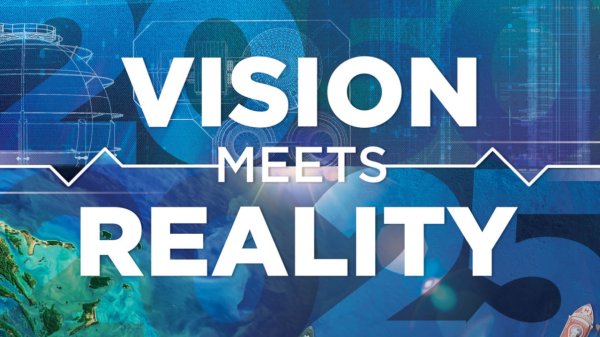
|
ABS chief urges IMO to pause net zero framework over fuel availability concerns
Christopher Wiernicki says LNG and biofuels are 'mission critical' to shipping decarbonisation success. |
|
|
|
||
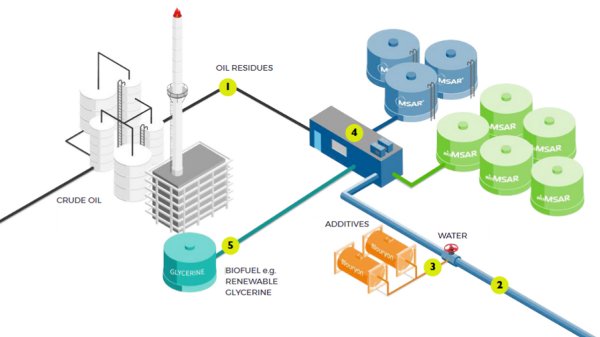
|
Quadrise appoints veteran Peter Borup as CEO to drive commercialisation
Former Maersk executive to lead decarbonisation technology company from October 1. |
|
|
|
||
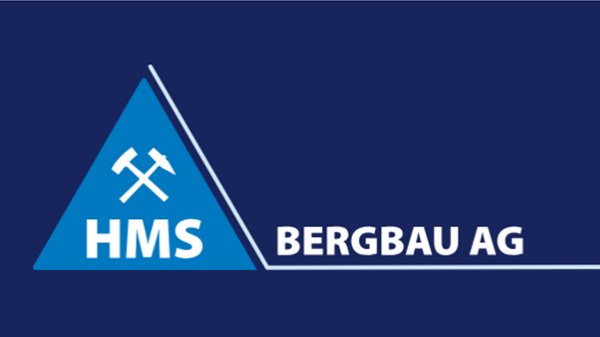
|
German commodities trader HMS Bergbau enters marine fuels market
Company acquires experienced team to trade bunkers and lubricants globally. |
|
|
|
||
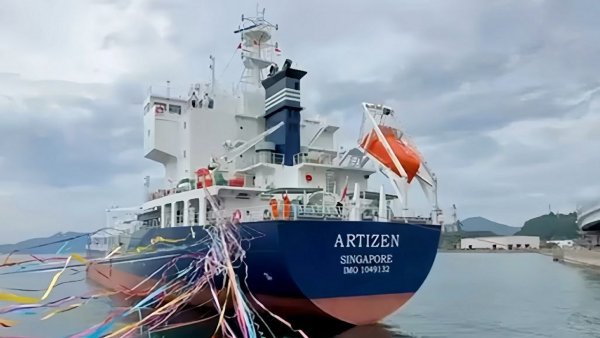
|
Hong Lam Marine takes delivery of Artizen tanker in Japan
Singapore-based firm receives new vessel from Kegoya Shipyard. |
|
|
|
||
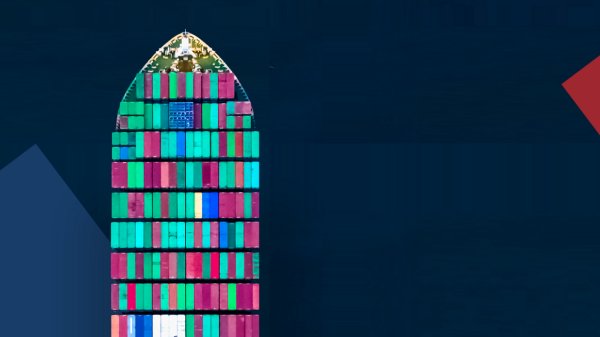
|
Panama Canal launches NetZero Slot to incentivize low-emission transits
New reservation category prioritizes dual-fuel vessels capable of using alternative fuels from November. |
|
|
|
||
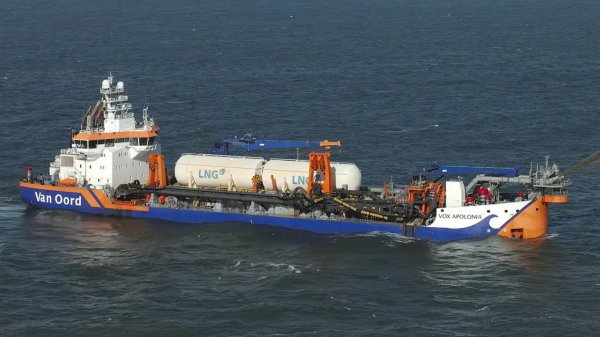
|
Van Oord deploys bio-LNG dredger for Dutch coastal project
First bio-LNG-powered trailing suction hopper dredger operation begins in the Netherlands. |
|
|
|
||
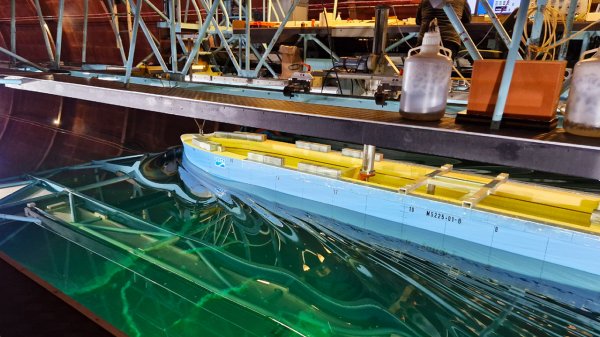
|
Methanol-fuelled Green Handy ships pass model tests ahead of 2026 construction
Baltic carrier reports model testing exceeded performance targets for 17,000 dwt methanol-powered vessels. |
|
|
|
||
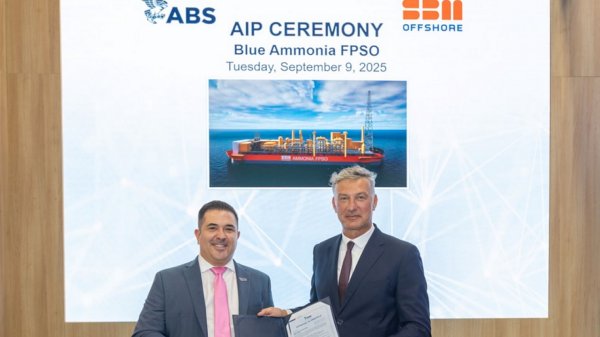
|
SBM Offshore's floating ammonia production design gets ABS approval
Design converts offshore gas to ammonia while capturing CO2 for maritime and power sectors. |
|
|
|
||
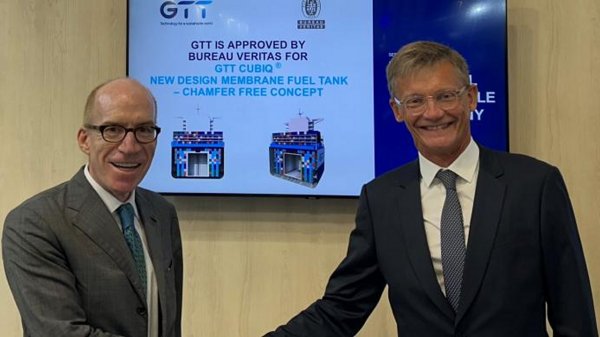
|
GTT unveils cubic LNG fuel tank design for boxships with BV approval
New GTT CUBIQ design claims to reduce construction time and boost cargo capacity. |
|
|
|
||
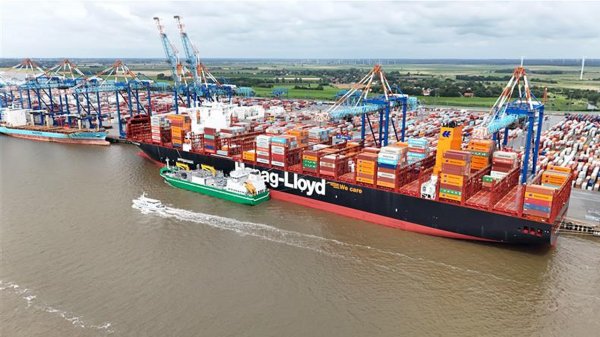
|
Hapag-Lloyd secures multi-year liquefied biomethane supply deal with Shell
Agreement supports container line's decarbonisation strategy and net-zero fleet operations target by 2045. |
|
|
|
||
| EDF and LR propose financing solutions for trillion-dollar decarbonisation gap [News & Insights] |
| Swedish government bans scrubber wastewater discharges [News & Insights] |